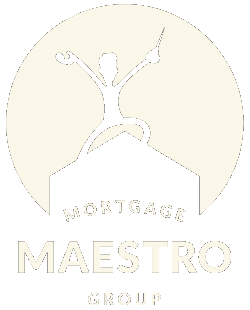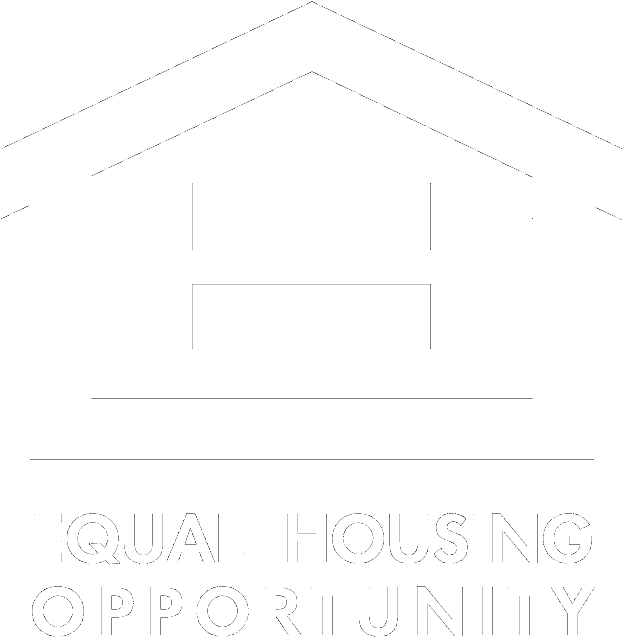With each new client hoping to get a home mortgage comes a lengthy list of circumstances that will ultimately impact how much the client can borrow. As a Colorado mortgage broker, we need to deal with budget realities. We need to know how much homebuyers can truly afford to pay before we can even think about submitting applications to potential mortgage lenders.
If you are looking to buy that first house, please accept a word of advice from Mortgage Maestro: do an honest analysis of your situation so that you understand how much you can really afford to pay for a house. Understand that you must consider more than just the actual purchase price and downpayment.
Total Cost of Ownership
There is a well-known budgeting principle in the automotive industry known as ‘total cost of ownership’. It is one easily applied to home buying. The basic principle is this: you add up everything you will pay to purchase, maintain, and improve your property. All the costs added together make up the total cost of ownership.
Here’s what goes into total cost of ownership in home buying:
- Sale price.
- Property taxes.
- HOA fees (where applicable).
- Utility costs.
- Homeowner’s insurance.
- Mortgage insurance (where applicable).
- Lender fees and closing costs.
- Routine maintenance.
- Non-routine repairs.
- Upgrades and improvements.
Anyone can utilize a free online mortgage calculator to get a rough idea of how much monthly mortgage payments will be when they account for principal, interest, insurance, and taxes. But online mortgage calculators don’t account for all the other costs related to owning and maintaining a home. It is important to consider those other costs when determining your budget.
Upgrades Can Be Tempting
One of the benefits of getting pre-approval for a mortgage is knowing what you can truly afford before you start looking for homes. Both mortgage brokers and lenders alike incorporate anticipated costs over and above sale price, insurance, and taxes. When a lender comes back with a hard number dictating how much they are willing to lend, you can bet that number accounts for the total cost of borrowing.
All this matters for one simple reason: upgrades can be tempting. More than one buyer has established a budget prior to home shopping only to be tempted to spend more on upgrades. A single upgrade might only add a few thousand dollars to a property’s selling price. But multiple upgrades are like pennies: they add up over time. It is quite easy to get in over one’s head after falling in love with a home that exceeds the budget.
From a strictly financial standpoint, it’s probably better to stay under the budget when possible. It is hard to go wrong by spending less money on a property as long as you get enough house for your money. What you save by not pushing your budget to the limit could be set aside for when you want to upgrade to a new home. The extra money can go toward upgrades you really wanted but didn’t fit into your original budget.
Establish a Budget and Stick With It
Our role as a Denver mortgage broker is to help clients obtain mortgages that they can actually afford. With that in mind, we recommend establishing a budget and sticking with it. Avoid the temptation of going over budget by even a few thousand dollars. Remember the total cost of borrowing. Every item that exceeds your budget adds to that cost. You do not want to get in over your head and ultimately struggle to make your monthly payments.
After you have your budget set and you’re ready to apply, we’re happy to help you secure your home loan. Call us at 303-779-0591 or schedule a free consultation today if you’d like an expert opinion.












